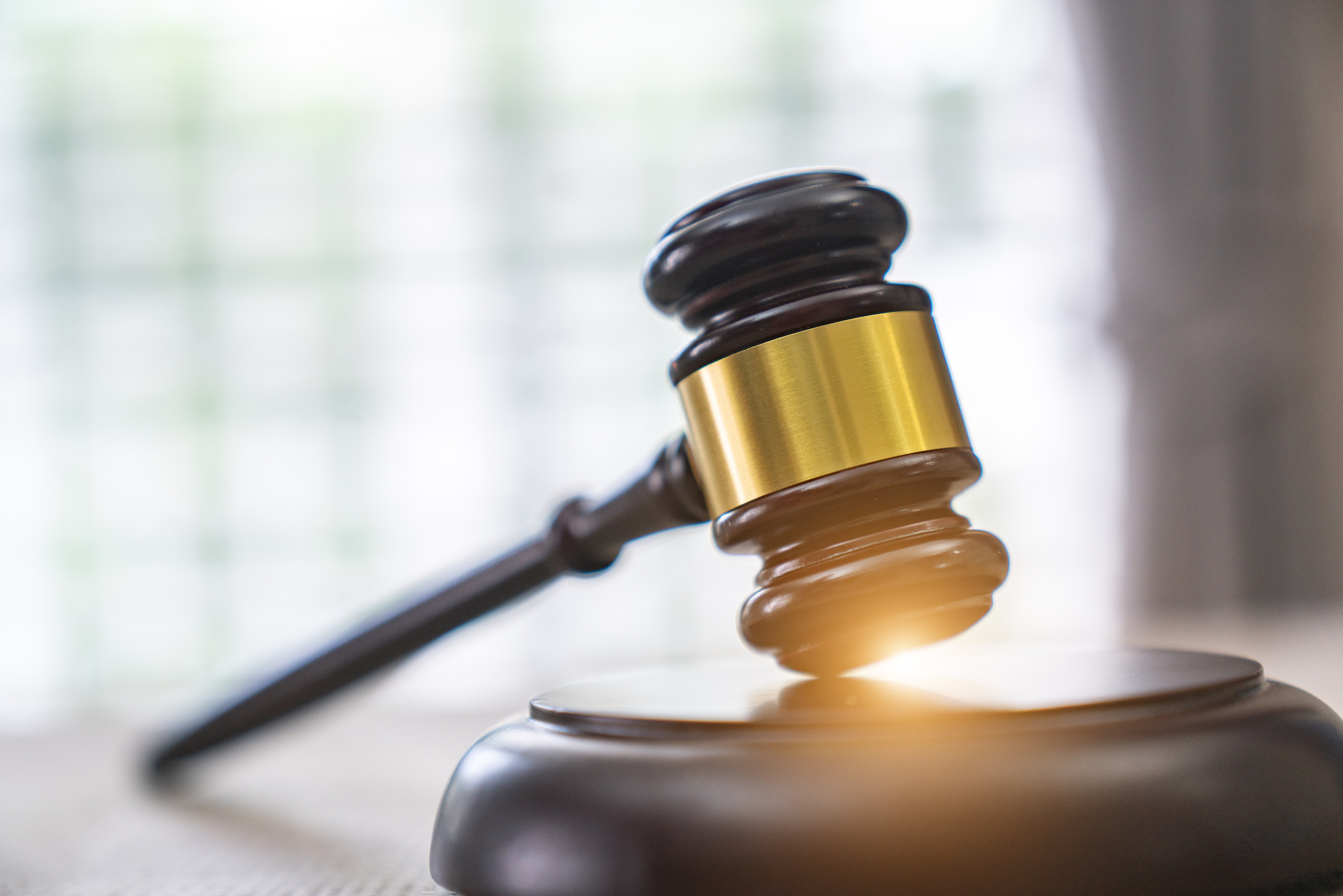Third Court Upholds Legality of Universal Service Fund
FCC can continue to use private company to administer billions in broadband subsidies

The smarter way to stay on top of the multichannel video marketplace. Sign up below.
You are now subscribed
Your newsletter sign-up was successful
A third U.S. Appeals Court has concluded that the Federal Communications Commission is on sound constitutional footing when it comes to delegating oversight of the billions of dollars in government advanced telecommunications subsidy money it hands out annually with a big assist from the Universal Service Administrative Co. (USAC).
The 11th U.S. Circuit Court of Appeals Thursday (December 14) ruled that the FCC is within its authority to delegate administration of those funds through a private company — USAC — because the government regulator maintains control and oversight.
That follows similar findings by the appeals courts in the 5th and 6th circuits.
Congress instructed the FCC to create the fund.
Some groups had challenged the constitutionality of the USAC under the nondelegation doctrine, the legal principle that holds that Congress cannot delegate legislative powers to other entities.
Groups that had challenged the FCC in court had argued that Congress, and by extension the agency, was barred by the nondelegation doctrine from ceding Universal Service Fund oversight to a private company.
“Today’s decision is a victory for the many rural and urban consumers and anchor institutions across the country who rely on the services supported by the federal Universal Service Fund,” USTelecom, the Competitive Carriers Association and NTCA–The Rural Broadband Association said. “The USF has been, and continues to be, a critical tool to narrow the digital divide and help address connectivity gaps. The court’s ruling affirms that Congress’s directive to the FCC — over 25 years ago — to collect contributions in support of this vital fund is constitutional. Other courts considering similar challenges should reach the same conclusion.”
The smarter way to stay on top of the multichannel video marketplace. Sign up below.
Contributing editor John Eggerton has been an editor and/or writer on media regulation, legislation and policy for over four decades, including covering the FCC, FTC, Congress, the major media trade associations, and the federal courts. In addition to Multichannel News and Broadcasting + Cable, his work has appeared in Radio World, TV Technology, TV Fax, This Week in Consumer Electronics, Variety and the Encyclopedia Britannica.

